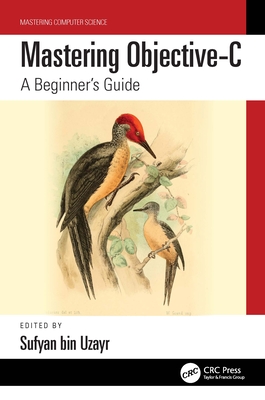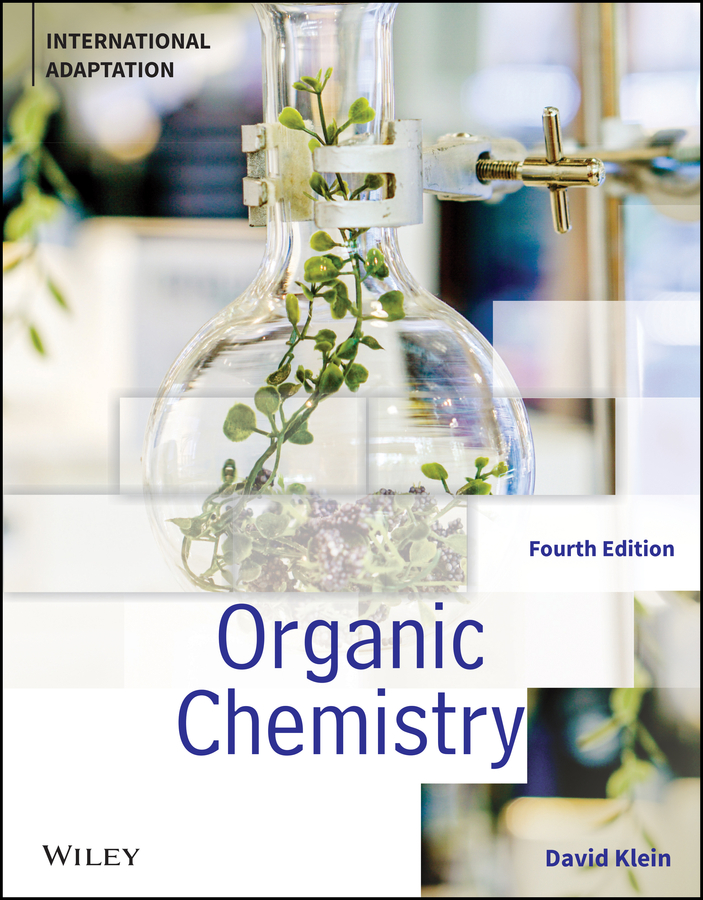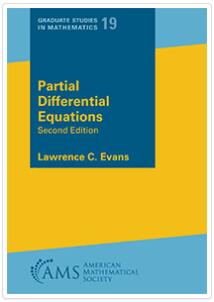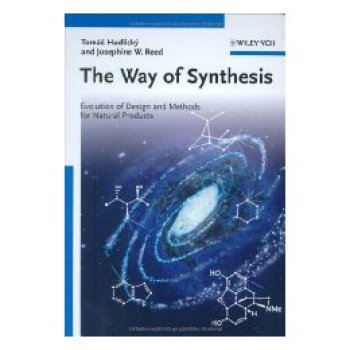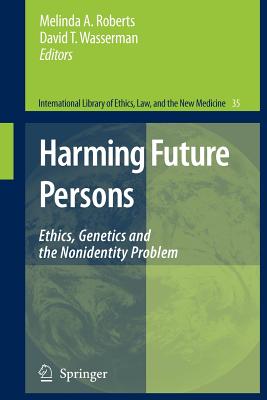
Harming Future Persons
伦理学
¥
1768.00
售 价:
¥
1326.00
优惠
平台大促 低至8折优惠
出版时间
2011年11月29日
装 帧
平装
页 码
342
语 种
英语
综合评分
暂无评分
- 图书详情
- 目次
- 买家须知
- 书评(0)
- 权威书评(0)
图书简介
This collection of essays investigates the obligations we have in respect of future persons, from our own future offspring to distant future generations. Can we harm them? Can we wrong them? Can the fact that our choice brings a worse off person into existence in place of a better off but "nonidentical" person make that choice wrong? We intuitively think we are obligated to treat future persons in accordance with certain stringent standards-roughly those we think apply to our treatment of existing persons. We think we ought to create better lives for at least some future persons when we can do so without making things worse for too many existing or other future persons. We think it would be wrong to engage in risky behaviors today that will have clearly adverse effects for the children we intend one day to conceive. And we think it would be wrong to act today in a way that would turn the Earth of the future into a miserable place. Each of these intuitive points is, however, challenged by the nonidentity problem. That problem arises from the observation that future persons often owe their very existence to choices that appear to make things worse for those same persons. New reproductive technologies, for example, can be both risky and essential to one person’s coming into existence in place of a "nonidentical" other or no one at all. But so can a myriad of other choices, whether made just prior to conception or centuries before-choices that seem to have nothing to do with procreation but in fact help to determine the timing and manner of conception of any particular future person and thus the identity of that person. Where the person’s life is worth living, it is difficult to see how he or she has been harmed, or made worse off, or wronged, by such an identity-determining choice. We then face the full power of the nonidentity problem: if the choice is not bad for the future person it seems most adversely to affect, then on what basis do we say that choice is wrong? The nonidentity problem has implications for moral theory, population policy, procreative choice, children’s rights, bioethics, environmental ethics, the law and reparations for historical injustices. The contributors to this collection offer new understandings of the nonidentity problem and evaluate an array of proposed solutions to it. Aimed at philosophers, legal scholars, bioethicists and students in all these disciplines, this collection is a thorough exploration of one of the most fascinating and important moral issues of our time.
本书暂无推荐
本书暂无推荐
